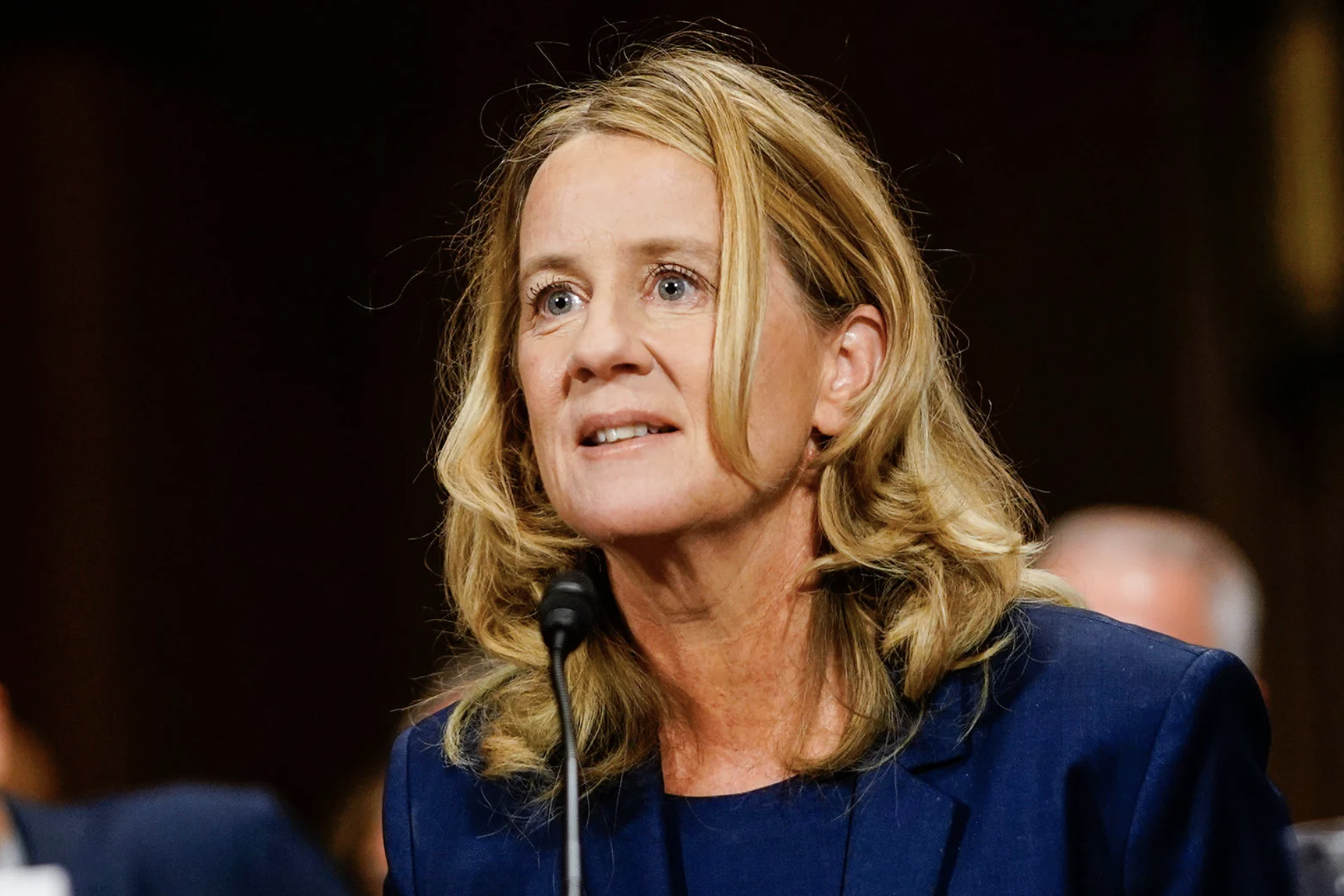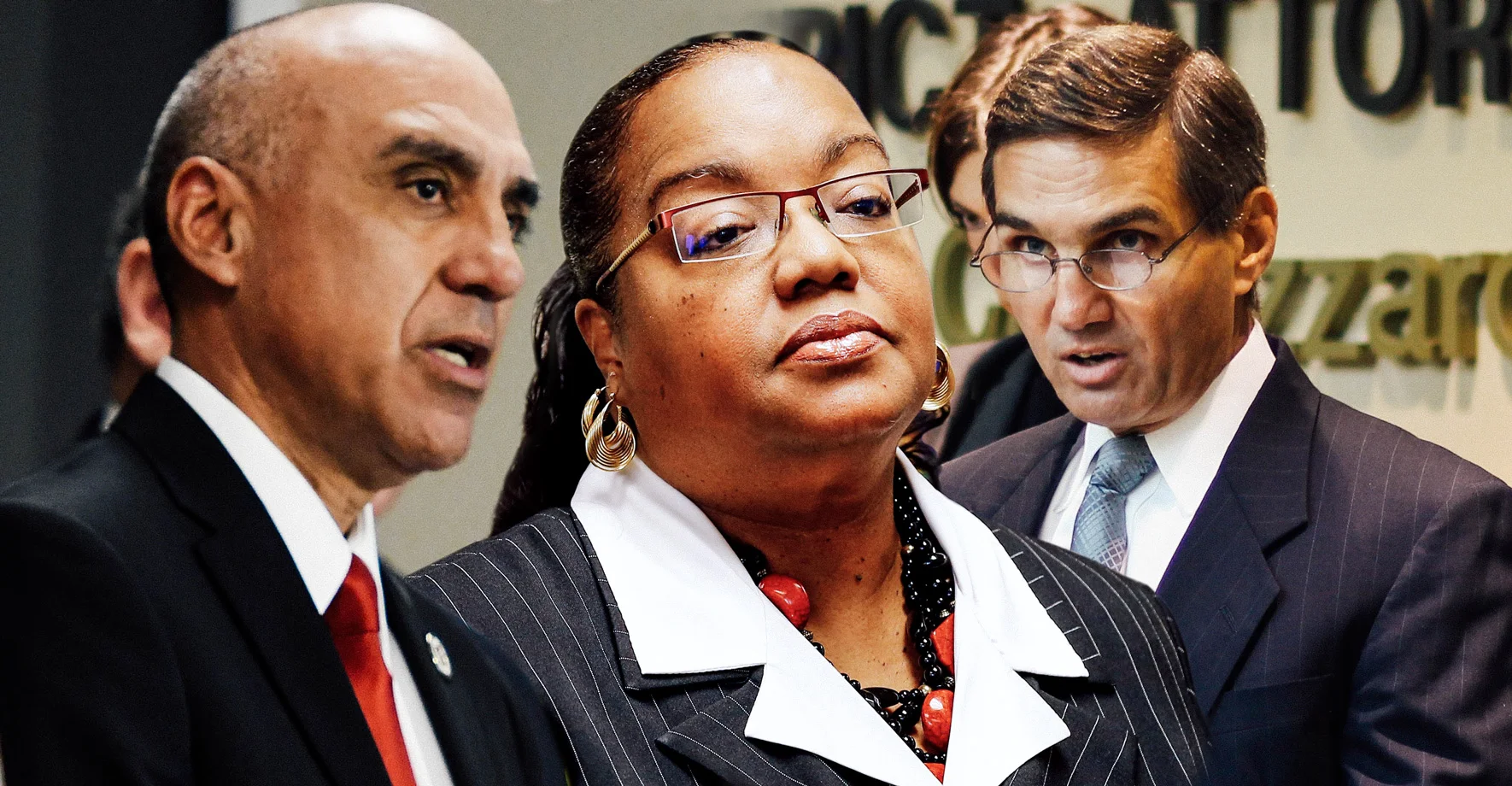
I am a contributing writer for Slate, where my long-form pieces explore some of the most vexing problems at the heart of the criminal justice system. I also write personal essays for Slate's Human Interest section about relationships and child-rearing. Whatever the topic, my goal is the same: to ask hard questions and provoke discussion with stories that are immediate and accessible to any curious reader.
Slate
More than a year after California’s Democratic governor, Gavin Newsom, issued a moratorium on executions, condemned prisoners are facing a new lethal enemy: COVID-19. San Quentin Prison, where 693 men now live under sentences of death, has been engulfed by the virus.* More than 2,100 people at San Quentin have been afflicted, including nearly one quarter of those on death row. To date, eight death row prisoners have died from complications stemming from COVID-19, comprising half the prison’s fatalities.
The police are waging an open war on St. Louis’ first black female prosecutor.
By dismissing Ronald Sullivan Jr. from his position as a faculty dean, the university fails to recognize the importance of due process and freedom of speech.
A new study shows that single moms spend less time on housework and more time on leisure and sleeping compared to married moms. As a single mom, I’m not surprised.
It’s a convenient theory that allows us to believe both the accused and the accuser, but it undermines everything we know about mistaken identity in cases of sexual assault.
We’ve retreated too far into our two sides now, but at one point, there was another way.
Four public defenders think so, but critics worry they’re turning criminal justice reform into an assault on the judiciary.
When convictions are clearly wrong, these prosecutors don’t just hinder justice—they actively work against it.
The criminal justice system encourages prosecutors to get guilty verdicts by any means necessary—and to stand by even the most questionable convictions. Can one crusading court stop the lying and cheating?
What happens after a wrongfully convicted person is exonerated—and the witness finds out she identified the wrong man.
Without DNA evidence, how could we challenge the eyewitness testimony that sent our client to prison for 34 years?
Slate Human Interest
There’s a saying that if pregnancy were a book, they would cut the last two chapters. But how would the story begin? Whether planned or unplanned, I think it’s fair to say that the realization of every pregnancy starts with a sense of shock and awe.
















